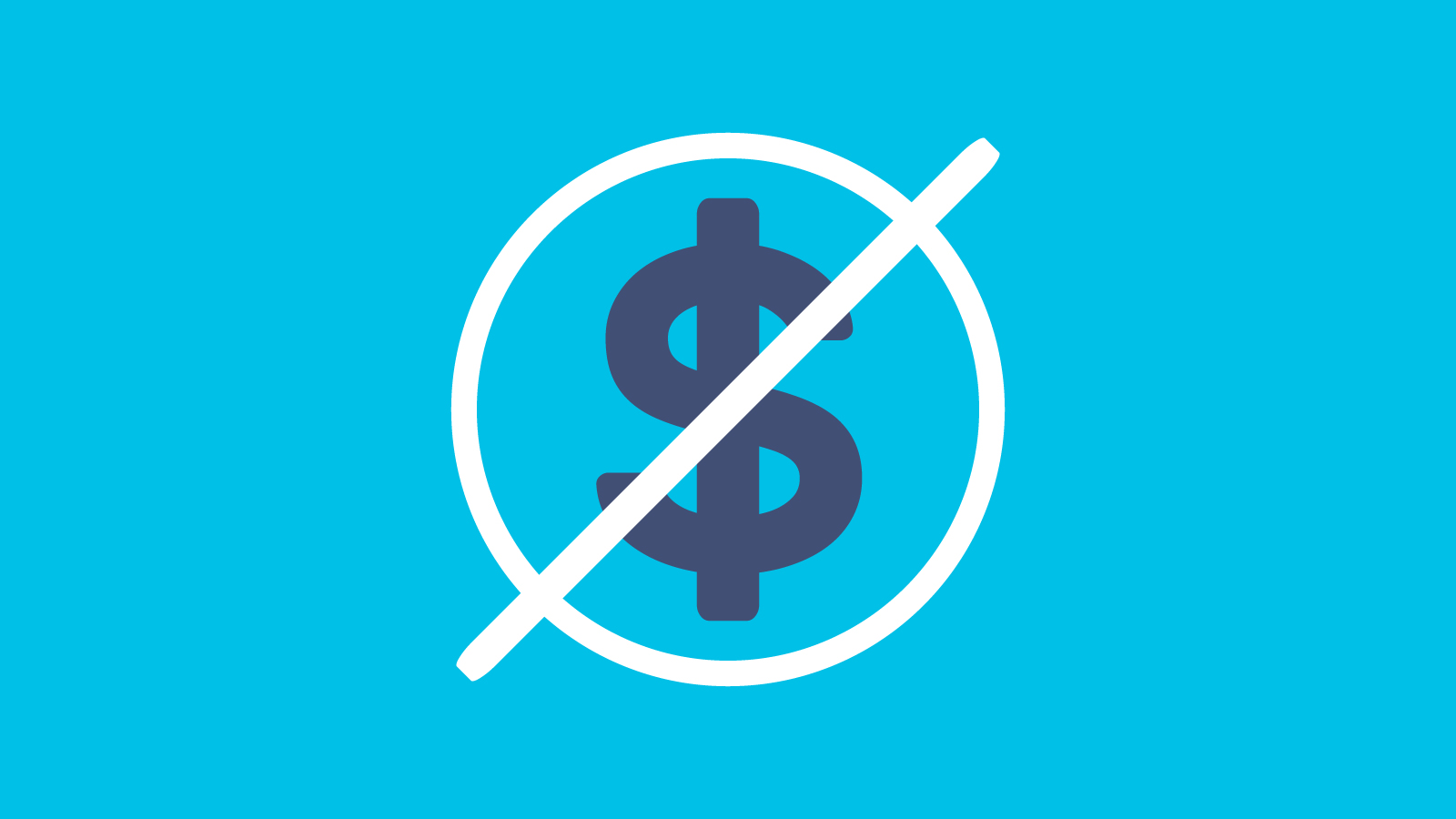Freebies and Opportunities for Science and STEM Teachers, July 23, 2024
By Debra Shapiro

Freebies for Science and STEM Teachers: Grades K–12
Generation Skeptics Curriculum for K–12
The Center for Inquiry (CFI) is a nonprofit organization focused on defending science and critical thinking. Generation Skeptics, CFI's educational curriculum, provides lesson plans and other resources to teach K–12 students to think critically about the information available on social media and other outlets. The lessons address a range of grade levels and can be modified to suit students’ specific learning needs. For example, in the lesson How to Sell Pseudoscience (grades 6–12), students learn tricks scammers use to sell their pseudoscientific products and create their own advertisements, while in The CRAAP Test lesson (also for grades 6–12), students learn about source verification and apply what they learn to check real sources for Currency, Relevance, Authority, Accuracy, and Purpose. The lesson Scooby Doo, Who, What, When, and Where Are You? teaches students in grades 1–5 about the importance of skeptical thinking (i.e., asking questions, paying attention to details, and considering the source of information), while also providing opportunities for students to apply what they learned to real-life scenarios.
Eco-Schools USA Resources
Eco-Schools USA, an initiative from the National Wildlife Federation (NWF), offers resources to support K–12 teachers in maximizing outdoor education learning opportunities. Teachers can access webinars, YouTube videos, and other resources to support green initiatives at school. The website also provides information on participating in the NWF’s Build a Schoolyard Habitat program, as well as guidance on how your school can become a certified EcoSchool in the United States. Teachers can also sign up for the EcoSchools USA newsletter, which presents program updates and environmental education resources for the classroom.
#ScienceSaves Lessons
#ScienceSaves, an initiative from the Center for Inquiry in New York, aims to help K–12 students and others appreciate the important role of science in our lives. Teachers can access interdisciplinary lessons to raise awareness of the positive impact of science. The ScienceSaves lessons address various themes and come with downloadable lesson plans, slide presentations, teacher notes, student response sheets, and rubrics.
Lessons include Who Invented the Three-Point Seatbelt? (grades K–2), which explores Newton’s Law of Motion while also teaching about the life of Swedish engineer Nils Bohlin. Scientific Superheroes (grades 3–5) engages students in creating science trading cards about noteworthy scientists, while What Is CRISPR? (grades 6–12) introduces students to the groundbreaking gene-editing technology known as CRISPR, as well as other life-saving medical inventions, such as organ transplants, artificial hearts, blood transfusions, antibiotics, and vaccines.
Opportunity for Grades K–12
AFCEA Teaching Grants
The AFCEA Educational Foundation provides support to science, technology, engineering, and mathematics (STEM) students and teachers. They offer two grants; both have rolling deadlines.
The Ciena Grants provide funding to K–12 classroom teachers for implementing innovative and engaging STEM programs, activities, and technology (software and hardware) to promote learning and digital equality. Grants of up to $3,000 are awarded. Applicants must currently be teaching science, technology, engineering, or math in grades K–12 in the United States or at any DoDEA school. And applicants must currently be teaching in one of the specific areas supported by the grant: D.C. metro area school, DoDEA school, or in any of the 50 U.S. states.
The Gravely and Paige Grants provide funding to elementary and middle schools in the United States to promote STEM innovation in the classroom, with an emphasis on academic programs. Grants of up to $2,000 are awarded. This grant is a joint effort between AFCEA chapters and the AFCEA Educational Foundation to augment the cost to students for activities or tools inside or outside of the classroom, such as robotics clubs, cyber clubs, and other STEM-related activities.
Opportunity for Middle Level and High School
Toshiba America Foundation Grants
Teachers of grades 6–12 can apply online for a Toshiba America Foundation grant of less than $5,000 to help bring an innovative project into their own classroom. If you have a unique idea for improving STEM (science, technology, engineering, and math) learning in your classroom, and if your idea involves project-based learning with measurable outcomes, apply by September 1. Grant decisions will be made by October 15.
Opportunity for Middle Level Through College
Bow Seat’s True Blue Fellowship
The fellowship seeks to connect and empower youth worldwide to leverage the creative arts to address an ocean, waterways, and/or climate change issue in their community. The True Blue Fellowship provides mentorship, capacity building, and funding of up to $2,500 for 10 youth-led projects. Applications are open to students ages 13–24 worldwide—either as individuals or as classes, groups, clubs, or organizations—who have new or emerging projects that are less than two years old (clubs or organizations that are more than two years old may apply so long as the proposed project is less than two years old). Apply by September 1.
Careers Climate Change Curriculum Earth & Space Science Environmental Science General Science Instructional Materials Interdisciplinary Lesson Plans Life Science News Physics Professional Learning Science and Engineering Practices STEM Teaching Strategies Kindergarten Elementary Middle School High School Postsecondary


